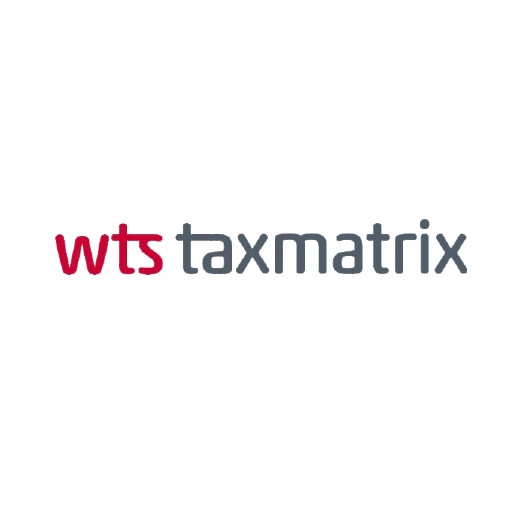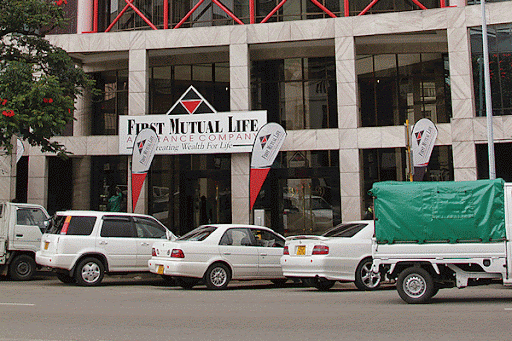
FARAI Mutambanengwe, a leading voice in Zimbabwe’s small and medium enterprise sector, has proposed a turnover-based presumptive tax to simplify the tax regime for informal businesses.
The Zimbabwe Revenue Authority has been struggling to collect taxes from the small-to-medium enterprises (SMEs), owing to their informality.
Last year, the taxman set up a specialised unit responsible for following up on these operators.
“The challenges are complex. Trying to bring these informal players into the tax system is difficult because they are often ignorant about tax matters,” Mutambanengwe, the founder and chief executive officer of the Small & Medium Enterprises Association of Zimbabwe, told delegates attending the 8th annual tax conference being held in Victoria Falls.
“Even if they heard about tax announcements and packages, they may not have the necessary business level or qualifications to comply with tax regulations. Moreover, there are political and corruption issues that make it practically impossible to achieve sustainable taxation for informal players or SMEs,” he said.
“When it comes to collecting taxes from the informal sector, I think the first thing is to simplify the tax regime and come up with straightforward taxes. Most countries have implemented turnover-based taxes.”
Mutambanengwe added: “So similar to what happens with IMTT [intermediated money transfer tax], having a turnover-based system makes it easier. We can have applications that can be used to facilitate (tax payments) even for those who are not too educated.
“This simplifies the process because trying to educate them on the current tax system is going to be not only difficult, but impossible because most of the SME operators are semi-literate.”
- SME raise flag over withholding tax
- New perspectives: Good governance the missing link
- SME raise flag over withholding tax
- New perspectives: Good governance the missing link
Keep Reading
He also suggested that the government should eliminate currency distortions and let the market determine the value of the currency and reduce the cost of compliance to make the formal sector attractive.
“We need to restore value chains, encourage enterprise formation and incentivise formal businesses to grow. Bigger businesses can employ accountants and tax consultants, and are compliant,” Mutambanengwe said.
He added that the economy needs fewer policies and more solutions to facilitate the shift from the informal to the formal sector.
“Most of the economy should be formalised. We need tax reforms to be simplified, eliminate cross-border taxes and licences and focus on what works. SMEs will be pressured to go informal and tax revenues will decline if we continue with these policies,” he said.
“We need fewer policies and more solutions. The political economy is creating problems that the modern economy cannot handle.”
THE WTS Tax Matrix 8th annual tax conference began on Wednesday in Victoria Falls and is running under the theme Navigating the Complexities of Modern Taxation.
The three-day conference, organised by WTS Tax Matrix Academy, brought together local experts and others from Zambia, South Africa, Namibia and Nigeria.
The programme covers a vast range of subject matter, including tax and law sustainability, current developments on taxes in Zimbabwe and their impacts, tax audit challenges, tax litigation trends, and developments in Zimbabwe and Africa.
The annual tax conference also marks the 6th anniversary of the Matrix Tax School, which has transitioned to WTS Tax Matrix Academy after a strategic partnership with WTS Global, this year.
It ends today.











